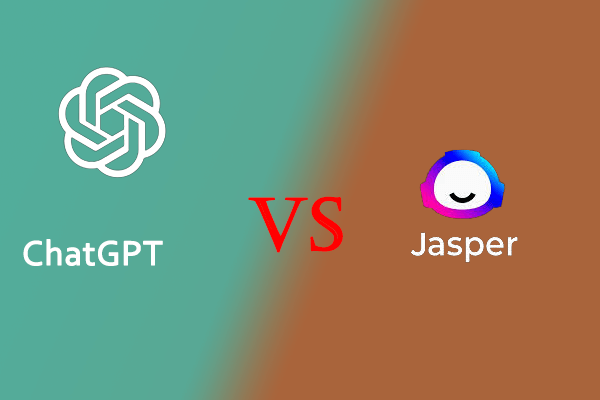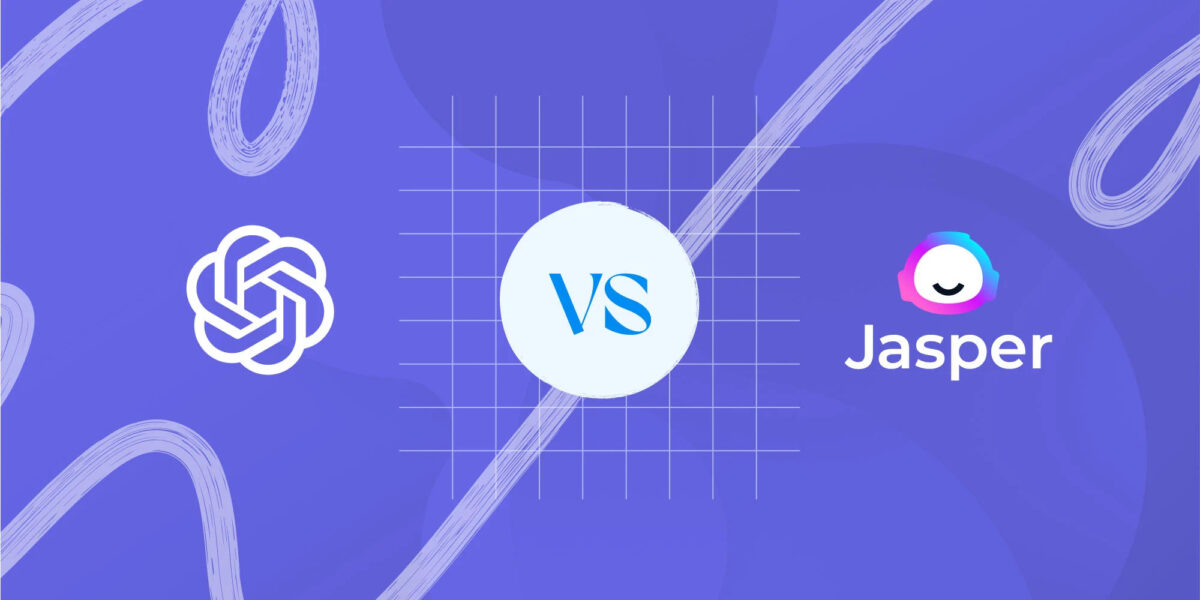In the world of search engine optimization (SEO), content is always the king without any doubt. However, with the rise of artificial intelligence (AI), the definition of “content” is changing.
Why because, AI-generated content has become increasingly popular, with tools like ChatGPT and Jasper promising to revolutionize the way we create content. But what does Google have to say about this?
According to Google, AI-generated content is not inherently good or bad. In fact, they state that “content must be useful, relevant, and high-quality”
However, the key phrase here is “useful, relevant, and high-quality.” Google’s goal is to provide the best possible user experience. And, they do not want to direct users to low-quality content, regardless of how it was created.
In this article, we will explore what Google has to say about AI-generated content from the likes of ChatGPT and Jasper, and how it will affect SEO.
How Does AI-Generated Content Work?
Basically, when we talk about AI-generated content, it means that a computer program uses NLP and machine learning to create it. And, these allow computers to understand and mimic human language. These tools analyze data and use this information to generate text that sounds like it was written by a human.
Examples of AI-Generated Content
Some common examples of AI-generated content include:
- Blog posts
- Social media posts
- Email newsletters
- Product descriptions
- Ad copies for marketing needs
- Landing pages
Limitations Of AI-Generated Content from ChatGPT and Jasper

One thing you have to take note that AI-generated content is not perfect and still has many limitations. These include:
Lack of creativity: While AI-generated content from ChatGPT and Jasper can produce high-quality text, it still lacks the creativity and originality of human-generated content.
Inability to understand the context: AI-generated content can struggle with understanding the context of a given topic. Sometimes, they may lead to inaccuracies or irrelevant information.
Limited emotional intelligence: AI-generated content can’t convey emotions in the same way that humans can. So, it will be problematic for certain types of content.
Impact Of AI-Generated Content from ChatGPT and Jasper On SEO
While AI-generated content has its benefits, it’s important to consider its impact on SEO. Here are a few potential factors to keep in mind:
Quality still matters: Even if AI-generated content is produced quickly and efficiently, it still needs to be high-quality to rank well in search engines.
Unique content is key: Search engines mainly prioritize unique and original content. So, AI-generated content that is too similar to other content may struggle to rank well.
User experience is important: Ultimately, search engines aim to provide their users with the best possible experience. So, if you are creating content that is unoriginal or lacks depth, then it may not perform well.
AI-Generated Content: What Google Wants You To Know
Google recently dropped a comprehensive blog on their guidelines for AI-generated content from ChatGPT and Jasper. Here’s the scoop:
1. Quality Content Reigns Supreme
Whether your content was produced by AI or not, Google will reward it as long as it demonstrates E-A-T: experience, expertise, authoritativeness, and trustworthiness.
Your content should answer the search query with reliable information. So, ask yourself these questions when creating content:
- Does my content stem from first-hand experience?
- Do I have expertise on the topic?
- Am I an authority or trustworthy source for my topic?
Remember, producing quality content is key to ranking well on SERPs and avoiding penalties.
2. AI Manipulation Will Not Be Tolerated
Auto-generated content that adds no original value and manipulates search results goes against Google’s spam policies.
Here are some examples of spammy auto-generated content:
- Content that uses keywords but makes no sense to readers
- Content generated using automated paraphrasing or synonymizing
- Automatically translated content published without human review
- AI-generated content is published without regard for user experience.
3. Automation Can Help You Create Quality Content
Using AI tools for content creation can produce helpful content for web users. But don’t just count on content generated by AI alone.
Verify, enrich, and personalize it to satisfy search intent.
In doing so, you can produce original, high-quality, and people-first content with E-A-T qualities.
So, that’s it, Keep in mind these Google’s guidelines when creating AI-generated content. Produce quality content that serves a purpose, and you’ll be rewarded.
Tips To Create High-Quality Ai Content That Ranks Well On Google
1. Understand Your Target Audience
Before you start creating AI-generated content, you need to understand your target audience.
- What are their pain points?
- What are their interests and preferences?
If you know who your audience is, you can make content that really connects with them.
By utilizing AI-powered tools such as chatbots and sentiment analysis, you can gain valuable insights into your target audience’s behavior. So, this can help you create content that speaks directly to their needs.
2. Use Relevant Keywords
We are all aware that Keywords are the foundation of any SEO strategy, and AI-generated content is no exception.
By using relevant keywords in your content, you can help Google or any other search engines understand what your content is about and rank it accordingly.
Note – Google penalizes websites for keyword stuffing as well, and it can hurt your ranking in the long run.
3. Focus On Quality Over Quantity
When it comes to creating AI-generated content, quality is key without any doubt.
Google’s algorithms prioritize high-quality content over the quantity of content. This means that it’s better to have a few well-written and informative articles than a large volume of poorly written content.
4. Optimize For User Intent
When someone types something into the search bar, the reason why they’re doing it is called “user intent”. So, if you optimize your content for user intent, you can create content that answers the user’s question and provides value to them.
To optimize for user intent, you need to understand the intent behind the user’s search query.
- Are they looking for information?
- Are they looking to buy something?
If you understand the user’s intent, you can create content that meets their needs and ranks well on Google without any doubt.
5. Use Structured Data
Structured data is a way of organizing your website’s content to help Google understand it better. By using structured data, you can provide additional information about your content, such as reviews, ratings, and prices.
Structured data can help improve your website’s visibility on Google and increase your click-through rates. By using AI-powered tools such as Google’s Data Highlighter, you can easily add structured data to your website.
Read More- 2023 Social Media Image Size Cheat Sheet

